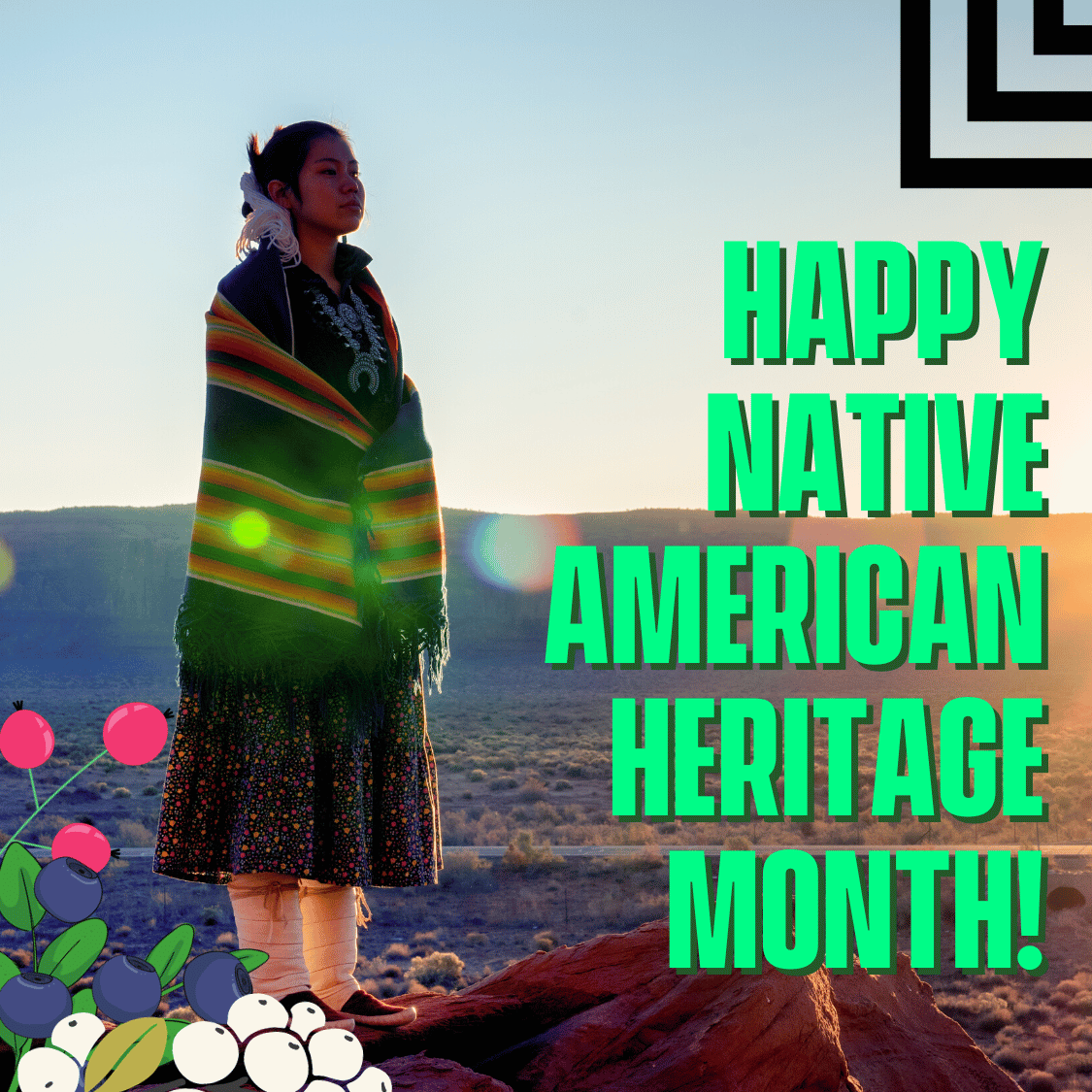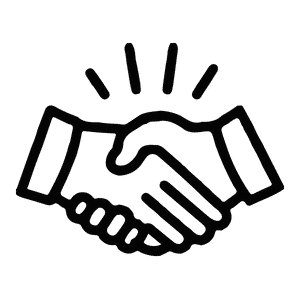Native American Heritage Month & The Power of Place
Posted by Jennifer Haberman in Blog on November 7, 2023
by: Alonda Williams
This month is Native American Heritage Month, a time to focus on honoring and celebrating the rich cultures and heritage of Native American people. As you may know, our organization operates on the unceded, traditional land of the Coast Salish Peoples, specifically the first people of Seattle, the Duwamish People, the Muckleshoot People, and the Puyallup Tribe, original stewards of the land, past and present. The matches we serve in Kitsap County live on the unceded, traditional land of the Suquamish Tribe, from whose most powerful chief the county gets its name – Ktsap.
As we begin this month and investigate the potential for a new location for our office, I’ve been thinking a lot about the power of place. Place is a vital part of our identity. It determines many things in our lives, both past and future. Place can determine the people around us, the natural resources available, the land, buildings, plants, and animals we see. Place and history are irrevocably intertwined – co-creating culture in a profound way.
Loss of place has a powerful impact on our psyches, our lives, and our history. We call this loss displacement.
Displacement is one of the incredible challenges faced historically and currently by Native Americans. As we move through this month and celebrate the rich, diverse, and beautiful cultures of local Native people, I encourage you to think about the profound impact of that displacement. I hope you will educate yourself on the history of local tribes, and the continued displacement of Native people. Our region is lucky to be home to thousands of members of tribes from throughout the nation, a number of whom we serve as Bigs and Littles.
Whether you are a mentor, a staff member, or a member of our larger community, I hope you will take time to educate yourself on the unique issues facing Native youth. Place is a powerful factor in these young people’s and their families’ lives. The Library of Congress has educational materials that outline some of the history of place and displacement. You can find information about Native youth education online at the Bureau of Indian Education and at the linked page on Washington OSPI’s website. There’s also a book you can read focused on social-emotional learning, whose creation was funded by the Seattle Indian Health Board. The book is called “Plant Teachings for Growing Social-Emotional Skills: Cultivating Resiliency and Wellbeing with Northwest Plants.”
There are cultural events and learning opportunities for adults and youth happening throughout this month and in December:
- All Month – Visit the Northwest Native Art Exhibit at Burke Museum, the Duwamish Longhouse, and Daybreak Star Indian Cultural Center in Seattle or the Suquamish Museum in Kitsap County
- November 18, 11AM-12PM, Sondra Segundo: Haida Story, Song, and Dance at Kirkland Library in Kirkland. Celebrate Native American Heritage Month with Haida author, musician and artist Sondra Segundo! The interactive program includes reading her new picture book, Kúndlaan: The Wolf Pup with Moonlight in Her Eyes, as well as singing, dancing and learning a bit of the Haida language. Ages 5 to 11 with adult.
- November 21, 6:30-7:30PM, Swasey Book Club for Adults at Swasey Branch Library in Tacoma. Join us for the Swasey Book Club! To celebrate Native American Heritage Month, the November selection is There There by Tommy Orange.
- November 29, 5-7:30PM, Decolonizing Pocahontas: Uncovering Truth Together at Moore Branch Library in Tacoma. A compelling movie and discussion night to raise awareness for Missing, Murdered, Indigenous Women (MMIW). Experience Disney’s “Pocahontas” with the alternative audio track from the Missing Matoaka Project.
- December 15-17, Native Art Market at Daybreak Star Indian Cultural Center




